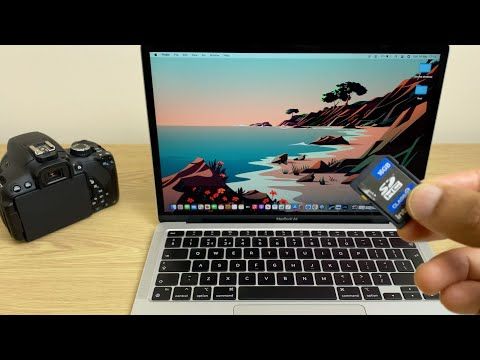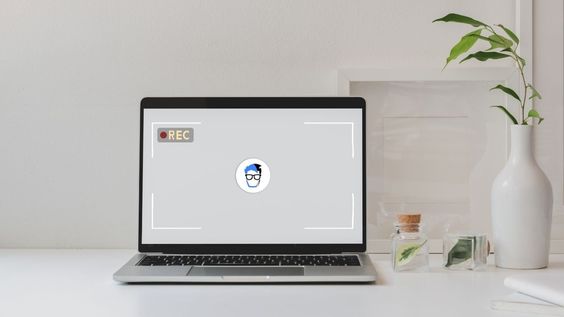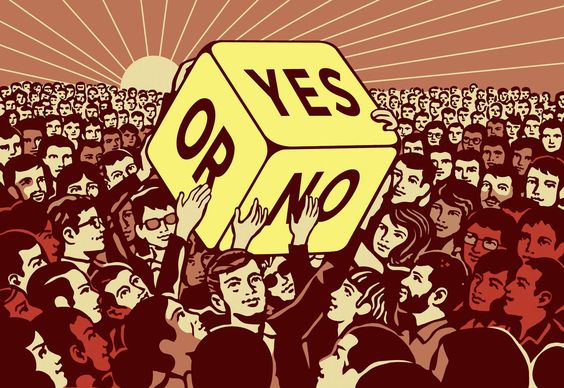Can I Sell My Financed Car: You Need to Know

Can I Sell My Financed Car
Yes, you can sell your financed car, but there are a few things to consider:
-
Payoff Amount: You’ll need to know the payoff amount for your loan. This is the total amount you still owe, including principal and interest. You can get this information from your lender.
-
Equity: There are two ways this can go:
- Positive Equity: If your car is worth more than you owe, you can sell it and use the proceeds to pay off the loan and pocket the remaining amount.
- Negative Equity: If you owe more than your car is worth, things get trickier. You’ll need to come up with the difference between the selling price and the payoff amount to pay off the loan. Read about Can You Advertise on Your Own Property
-
Selling Options: There are a few ways to sell your financed car:
- Private Sale: You can find a buyer yourself and handle the paperwork. In this case, the buyer will likely pay the lender directly and you’ll receive the remaining amount after the loan is paid off.
- Dealer Trade-In: You can trade in your financed car for a new or used car at a dealership. The dealer will handle the payoff with your lender and roll any remaining balance into your new loan.
What Does It Mean to Have a Financed Car?
Definition of a Financed Car
A financed car is simply a car that you purchased with a loan. Instead of paying the full price upfront, you borrowed money from a lender and agreed to pay it back over time, usually with interest. Until you pay off the loan, the lender technically owns the car.
How Car Financing Works
Car financing involves taking out a loan to cover the cost of the vehicle. You make monthly payments to the lender, which includes the principal amount (the cost of the car) plus interest. The lender holds a lien on the car, meaning they have a legal right to the vehicle until the loan is fully paid off. Don’t Miss to Check Out Our Website: THENATION ALLENS

Can You Sell a Financed Car?
Legal Aspects
Legally, you can sell a financed car, but you must settle the outstanding loan first. The lender has a lien on the vehicle, and you can’t transfer ownership to the buyer until the lien is removed. This means you need to pay off the loan balance to get a clear title.
Practical Considerations
From a practical standpoint, selling a financed car can be a bit more complicated than selling a paid-off vehicle. You’ll need to coordinate with your lender and the buyer to ensure the loan is paid off, and the title is transferred correctly. But don’t worry, with the right steps, it’s entirely doable.
Reasons to Sell a Financed Car
Financial Hardship
Sometimes, financial difficulties arise, and continuing to make car payments is no longer feasible. Selling your car can help alleviate some of that financial burden.
Need for a Different Vehicle
Your lifestyle or needs might change, necessitating a different vehicle. Whether you need a bigger car for a growing family or a more fuel-efficient model, selling your current car can be a logical step.
Upgrading or Downgrading
You might want to upgrade to a newer model or downgrade to a more economical option. Either way, selling your financed car can help you achieve that goal.
Steps to Selling a Financed Car
Determine the Payoff Amount
First, contact your lender to find out your loan payoff amount. This is the amount you need to pay to clear your loan and remove the lien.
Evaluate Your Car’s Value
Next, determine your car’s market value. You can use online tools like Kelley Blue Book or Edmunds to get an estimate. This will help you understand how much you can sell your car for and if it covers your payoff amount.
Explore Selling Options
Consider your options for selling the car. You can sell to a dealership, through a private sale, or trade it in. Each option has its pros and cons, which we’ll explore next.
Selling to a Dealership
Pros and Cons
Selling to a dealership is often the quickest and easiest option. They handle the paperwork and can pay off your loan directly. However, you might get less money for your car compared to a private sale.
Process of Selling to a Dealership
To sell to a dealership, bring your car, loan information, and any necessary documents. The dealership will appraise your car and make an offer. If you accept, they’ll pay off your loan and handle the title transfer.
Private Sale
Pros and Cons
A private sale can yield more money than selling to a dealership, but it requires more effort. You’ll need to find a buyer, negotiate a price, and handle the paperwork.
Steps for a Private Sale
- Advertise Your Car: List your car on online marketplaces, social media, or local classifieds.
- Negotiate with Buyers: Be prepared to negotiate the price with potential buyers.
- Pay Off the Loan: Once you find a buyer, use the sale proceeds to pay off your loan. Ensure the buyer understands the process and timeline.
- Transfer the Title: After the loan is paid off, transfer the title to the buyer.
Trading In Your Financed Car
Benefits of Trading In
Trading in your car can be a convenient option. The dealership handles the loan payoff and title transfer, and you can apply the trade-in value toward your new vehicle.
How Trading In Works
When you trade in your car, the dealership will appraise it and offer you a trade-in value. They’ll pay off your loan with this amount, and any remaining balance can be applied to your new car purchase.
Paying Off the Loan Before Selling
Benefits of Paying Off Early
Paying off your loan before selling simplifies the process. You’ll have a clear title, making the sale easier and potentially more attractive to buyers.
Steps to Pay Off Your Loan
- Check Your Loan Balance: Contact your lender to get the exact payoff amount.
- Make a Payment: Use your savings or a personal loan to pay off the balance.
- Get the Title: Once the loan is paid off, the lender will release the lien, and you’ll receive a clear title.
What if Your Car’s Value is Less Than the Loan?
Understanding Negative Equity
Negative equity, or being “upside down” on your loan, means you owe more than your car is worth. This can complicate selling your car.
Strategies for Handling Negative Equity
- Pay the Difference: If you can, pay the difference between your car’s value and the loan balance.
- Roll Over the Loan: Some lenders allow you to roll over the negative equity into a new loan, but this can increase your debt.
Transferring the Loan to the New Buyer
Is It Possible?
Transferring the loan to a new buyer is rare and depends on the lender’s policies. Most lenders require the loan to be paid off before transferring ownership.
How to Transfer a Loan
If your lender allows it, the new buyer will need to qualify for the loan. They’ll apply through the lender, and if approved, the loan will be transferred to their name.
Refinancing Before Selling
Why Refinance?
Refinancing can lower your monthly payments or interest rate, making it easier to sell your car if you’re struggling with high payments.
Steps to Refinancing
- Shop for Lenders: Compare offers from different lenders to find the best terms.
- Apply for Refinancing: Submit an application with your chosen lender.
- Use the New Loan: Use the funds from the new loan to pay off the old one.
Important Documents You’ll Need
Loan Documents
You’ll need your loan documents to understand your payoff amount and lender’s policies.
Title and Registration
The title proves ownership, and registration is required for legal driving. Both are needed to transfer ownership.
Bill of Sale
A bill of sale records the transaction details and is crucial for both you and the buyer.
Common Mistakes to Avoid When Selling a Financed Car

Overlooking Loan Payoff
Make sure you know your exact loan payoff amount and have a plan to settle it.
Ignoring Car’s Condition
Ensure your car is in good condition. Minor repairs or detailing can increase its value and appeal to buyers.
Conclusion
Selling a financed car might seem daunting, but with the right steps, it’s manageable. Whether you decide to sell to a dealership, privately, or trade it in, understanding the process and preparing accordingly can help you achieve a smooth sale.
FAQs
Can I sell my financed car without paying it off?
No, you need to settle the loan and remove the lien before transferring ownership.
What happens if I stop paying my car loan?
If you stop paying, the lender can repossess the car and it will negatively impact your credit score.
Can I trade in my financed car for a cheaper one?
Yes, you can trade in your financed car. The dealership will pay off your loan and you can apply any remaining value to the new car.
How can I find out how much I owe on my car loan?
Contact your lender or check your loan statement to find out your current payoff amount.
Is it better to sell privately or to a dealership?
Selling privately can get you more money, but it requires more effort. Selling to a dealership is easier but may yield less money.

Welcome to TheNationalLens.ca, where Benjamin provides a sharp and insightful view into the heart of Canadian news and culture!
Benjamin is a seasoned writer with a deep passion for storytelling and a commitment to uncovering the truths that define our nation. With a focus on in-depth analysis and comprehensive reporting, Benjamin’s work spans a wide array of topics, including politics, economics, social issues, and beyond.
































































































